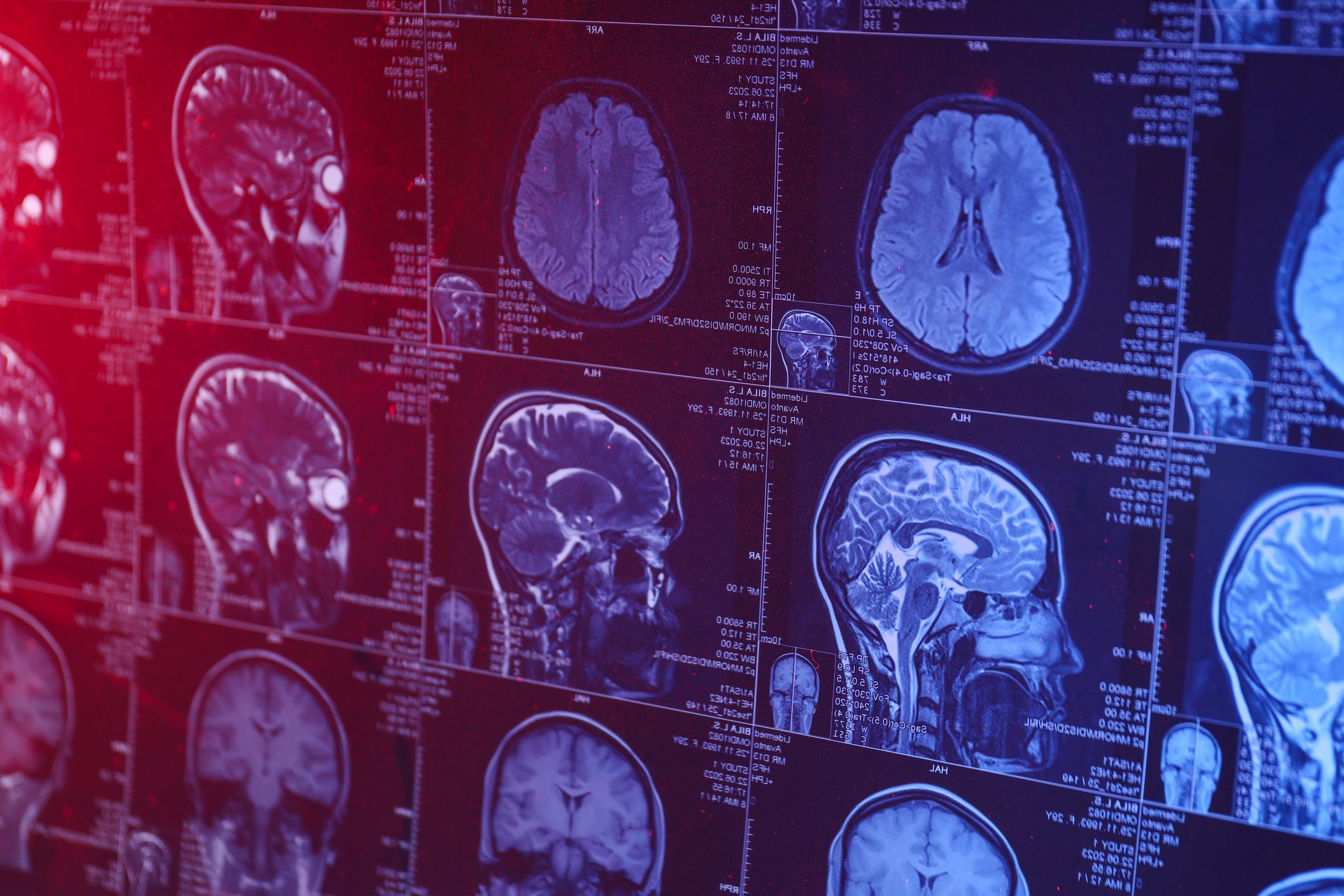Eating less beef, lamb or sheep helps protect brain health.

- Consume about two slices of bacon, a mortadelle slice or a hot dog per day, compared to eating a minimum quantity of red meat, increases the risk of dementia by 13 %.
- In detail, too ingesting red meat accelerates the aging of global cognition and verbal memory.
- However, replacing these foods from animal muscles with nuts and legumes reduces the risk of 19 %cognitive decline.
As we know: red meat is not good for the heart. A new study revealed that these foods from animal muscles were as bad for the brain. To achieve this conclusion, researchers from Mass General Brigham, Harvard Th Chan School of Public Health and the Broad Institute of MIT (United States) conducted research, the results of which were published in the journal Neurology.
As part of the study, the team included participants, not initially presenting dementia, of two national cohorts: the Nurses’ Health Study (NHS) and the Health Professionals Follow-Up Study (HPFS), which have studied the health and lifestyle of thousands of participants, which can influence the risk of chronic diseases such as dementia. The work includes detailed information on the food regimes of volunteers, which is updated every two to four years. For the purposes of this research, 133,771 adults, whose average age was 49 years at the start, were recruited. The objective cognitive function was evaluated using a telephone interview on the cognitive condition of the patients.
Dementia: Eating two bacon slices per day is linked to an increased risk of 13 %
Data has shown that 11,173 people have been diagnosed with dementia up to 43 years later. People consuming on average on average a quarter or more than a portion of transformed red meat, or about two slices of bacon, a slice and a half of mortadelle or a hot dog, compared to those who consume a minimum quantity (less From a tenth of portion every day), presented an increased risk of 13 % to develop dementia. These results were obtained after adjustment to take into account many clinical, demographic and lifestyle factors, such as socio-economic status and family history of dementia.
According to the authors, a higher consumption of transformed red meat was associated with an aging of overall cognition, which is accelerated by 1.6 years per average daily portion of red meat, and verbal memory, of 1.6 years also by average daily portion. “Daily consumption on average a quarter or more than one portion of unprocessed red meat, compared to less than a tenth of portion each day, has been associated with a 16 % higher risk of cognitive decline”, Can we read in research.
Swap red meat against nuts and legumes to protect your brain
On the other hand, replacing red meat transformed by a daily portion of nuts and legumes has reduced the risk of dementia by 19 %, by 21 % the risk of subjective cognitive decline (which can precede the markers of the cognitive decline in the Standard assessments) and has decreased the aging of the brain by 1.3 years.
From now on, the team continues to explore the factors binding red meat at the risk of dementia, in particular those involving the intestinal microbiota. “Trimethylamine n-oxide (TMAO), produces the decomposition of meat by bacteria, could increase cognitive dysfunctions due to its effects on the aggregation of amyloid and tau proteins, involved in Alzheimer’s disease, But research is limited.they explained.
















